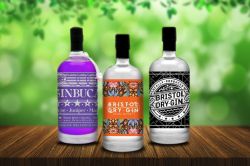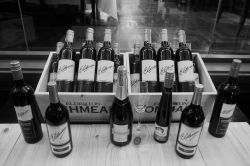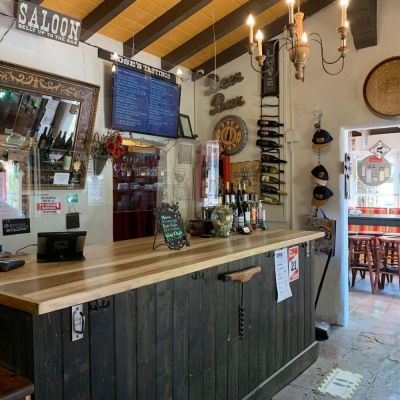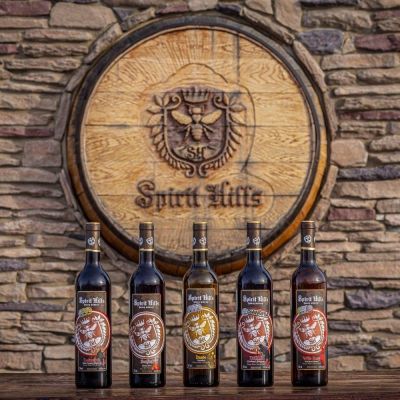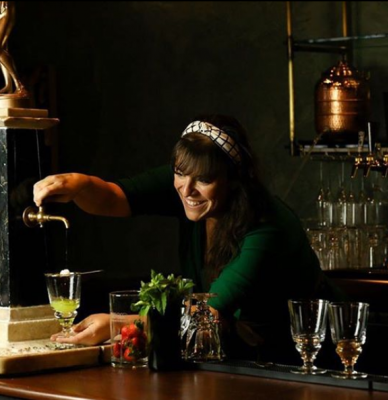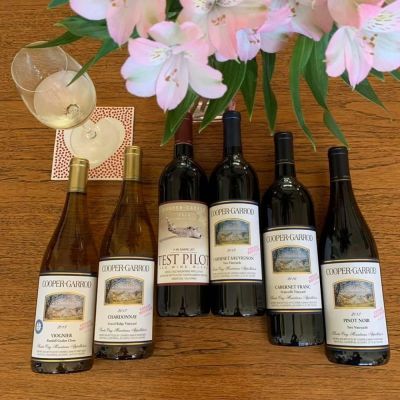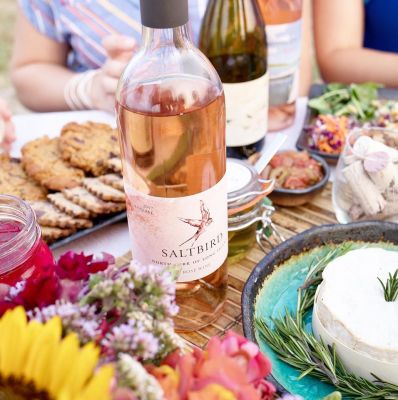See Who Deliver's Drinks To You.
Enlightenment Wines Meadery Gives Same-Day Delivery In Manhattan
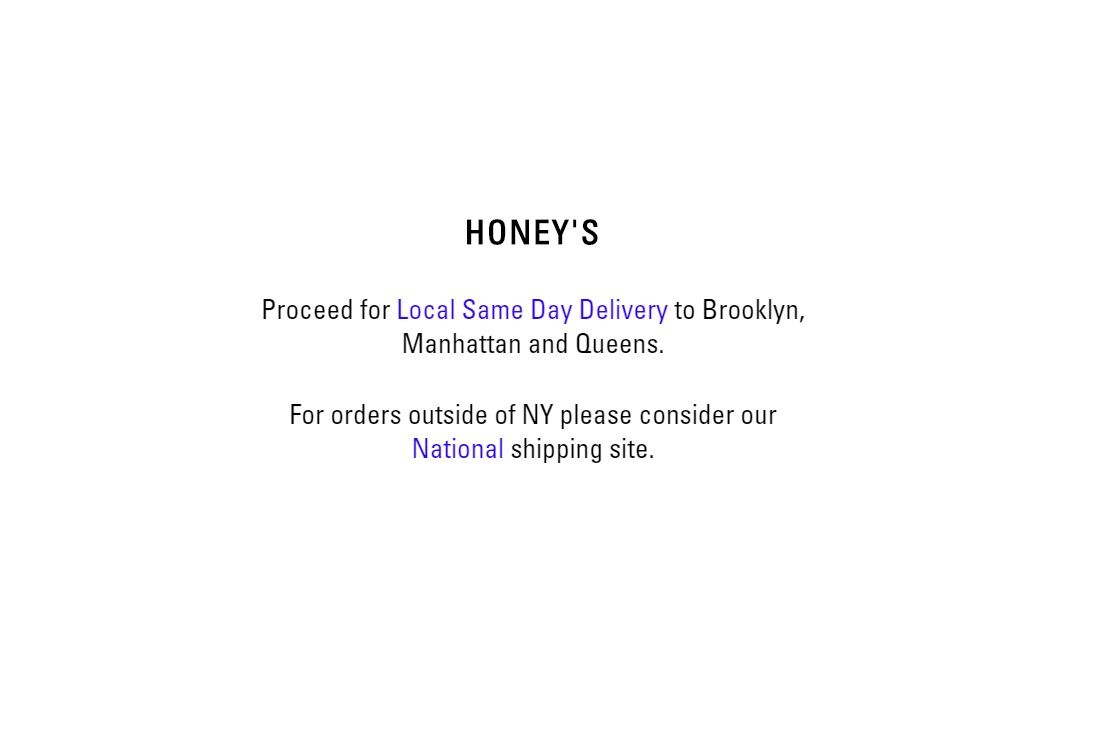
Small batch mead and foraged potions. NYC delivery and out of state shipping available. Check link for details.
There are several reasons for this: 1) People are looking for something new to drink that is thoughtfully crafted from local, natural ingredients. 2) Mead is gluten-free, and a great product for those who are looking for an alternative to beer. 3) Cocktail-makers are actively seeking new ingredients to work with, and are attracted to mead as a new source of cocktail bases. 4) Mead has a wide palate to draw from. If lavender and juniper botanical meads aren’t your thing, you might love our elderberry and apple-based meads. There’s a mead out there for everyone.
What is mead?
Mead is also called honey-wine, though honey is often only one of the components. Mead takes a wide variety of ingredients—flowers, fruits and herbs—and ferments them with honey. For example: black currants or flowers like dandelions don’t have enough sugar on their own for the yeast to turn into alcohol. Adding honey provides the additional sugar needed for the yeast to transform into alcohol, and by doing so allows the meadmaker to preserve the fruits, flavors, and (often medicinal!) botanicals for the future. In addition, the fruits (and particularly the herbs) help preserve the wine. When finished, mead can take a variety of forms, from light and effervescent to strong and long-aged. Mead has been made by virtually every human culture throughout history, most of which were not based in Europe. (See below: I thought mead was from Vikings and Renaissance fairs?)
The Enlightenment Wines Meadery Approach to Making Mead
How is your mead different from the ones I have had before?
Enlightenment Wines Meadery seeks to make the finest, most interesting, and delicious natural meads on Earth. It’s a tall order, but one we take seriously.
Most commercial meads on the market are made by grape wineries or beer brewers who tend to produce meads that are sweet, extremely alcoholic, quickly-fermented, highly-filtered and supplemented with a variety of fermentation aids. We believe these sweet, highly alcoholic meads clash with our palates and those of our discerning customers, who are also turned off by advanced chemical processing and filtering.
Enlightenment Wines Meadery uses only natural winemaking techniques. We take our time, often as much as a year from start to finish for each batch of mead. We focus on dry, unfiltered, chemical-free meads made from raw honey and unfiltered, minimally processed ingredients, and we try and keep the alcohol level within a reasonable range. This not only produces a higher quality product, but it also radically distinguishes us from the vast majority of meads on the market. Natural techniques and raw honey result in delicious and interesting meads.
What kinds of mead does Enlightenment Wines Meadery make?
- A few of our recent meads are below:
- Nòught
- Made strictly from wildflower honey and wild yeast, and fermented in used oak barrels.
- Memento Mori
- Dandelion wine made with foraged dandelion flowers.
- Night Eyes
- Sparkling mead with cranberry, apple, cherry, rosehips and sumac.
- Dagger
- Black tart cherry botanical mead with yarrow, chamomile, and foraged hemlock and fir.
- St. Crimson
- Wild-fermented black currant mead with no water added.
- Raise the Roof
- Sour sparkling mead made from apple blossom honey.
Is mead brewed like beer, or is it distilled like a spirit?
Neither. Mead is a wine—a “honey wine.” What makes a wine “wine” is strictly defined by the US government as fermentation from any fruit, rice, or honey, producing an alcohol level above 9% and below 17%. This puts our mead (made from honey with an ABV of 12%) squarely within the “wine” territory. Beer, in contrast, is made from grains at a brewery and typically ends up with a lower alcohol percentage than wine. Breweries also, you know, brew. They cook their ingredients, while a good honey wine should never never be cooked. Meanwhile, spirits are made in a distillery, in which alcohol is separated through heat and evaporation from something that often starts out like a beer or wine.
Furthermore—in almost every way—our process looks a lot like natural grape wine-making, in which the living biology of generally wild yeast and bacteria are the key to the complexity of the wine. The main difference between us and a natural winery is that we start with honey, fruit, and herbs rather than grape juice.


